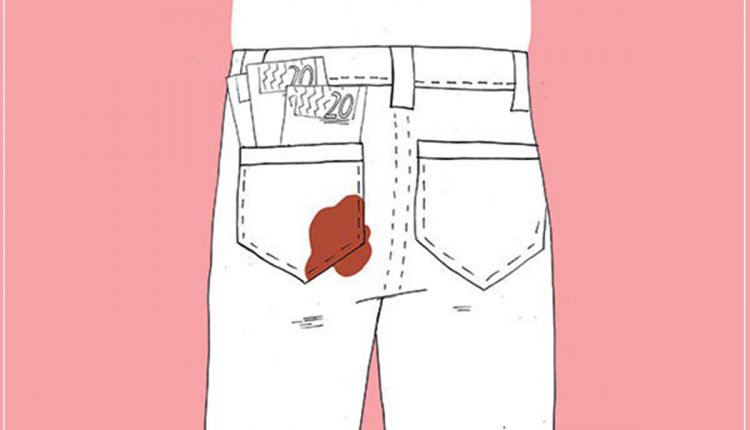
Breaking Period Taboos, One Drive at a Time
“I am not allowed to enter the kitchen or move around the house freely during those days of the month.”
Sajda*, a 13-year-old girl residing in the suburbs of Karachi, says while carefully covering her face. Sajda has to miss her school every month, for at least 5 days, due to the fear of stain, and the embarrassment and shame that comes with it.
Not to mention, the shame associated with period goes beyond the embarrassment that comes with staining one’s clothes. Women are still banished into dark rooms because of the “impurity” and other taboos attached to menstruation, hence missing out on everyday activities and opportunities.
Girls from a very young age are taught to keep their matters private, especially those related to their body. Therefore, young girls learn to manage their periods discreetly and mostly with no proper knowledge of the matter. During our flagship Menstrual Hygiene Drive, under the banner of HER Pakistan, a very high percentage of women told us they didn’t know anything about menstruation before their first period. Many shared the feelings of “shock and horror” that they felt when they first saw the blood. A lot of young girls said they thought they were going to die and didn’t know how to handle it and where to find help. The above mentioned UNICEF poll also found that 49% Pakistani girls did not know about menstruation before their first period.
This is due to absence of awareness and inaccessibility of education about reproductive health, menstrual phenomenon, and its hygienic management. The management of menstruation presents significant challenges for women all over Pakistan, especially in lower income locations where women do not have access to clean water, and washrooms let alone sanitary products. Lack of dialogue and taboos attached to periods makes it even more difficult to address these issues openly, especially in a country like Pakistan, where social, cultural, and religious constraints define lives.
Affordability of pads is yet another issue that hampers effective menstrual hygiene management. Most girls and women in Pakistan are unable to access essential menstrual products and basic toilet facilities. Hence they miss out on their everyday activities due to fear of stain and are prone to infections. Girls and women use old clothes, rags, socks, leaves, and even ashes to manage their period blood. This leads to infections and other diseases of which they are unaware.
HER Pakistan’s Menstrual Hygiene Drives are addressing these very problems in the underprivileged Pakistani communities. We aim to normalize menstruation as a healthy process and a positive part of the female life cycle. We are not only making menstrual education accessible to the underprivileged women but also making basic sanitary products available to them so that they can have safe and healthy periods with confidence and dignity.
It’s time we make periods normal in Pakistan, so women and girls can menstruate with dignity and confidence.

